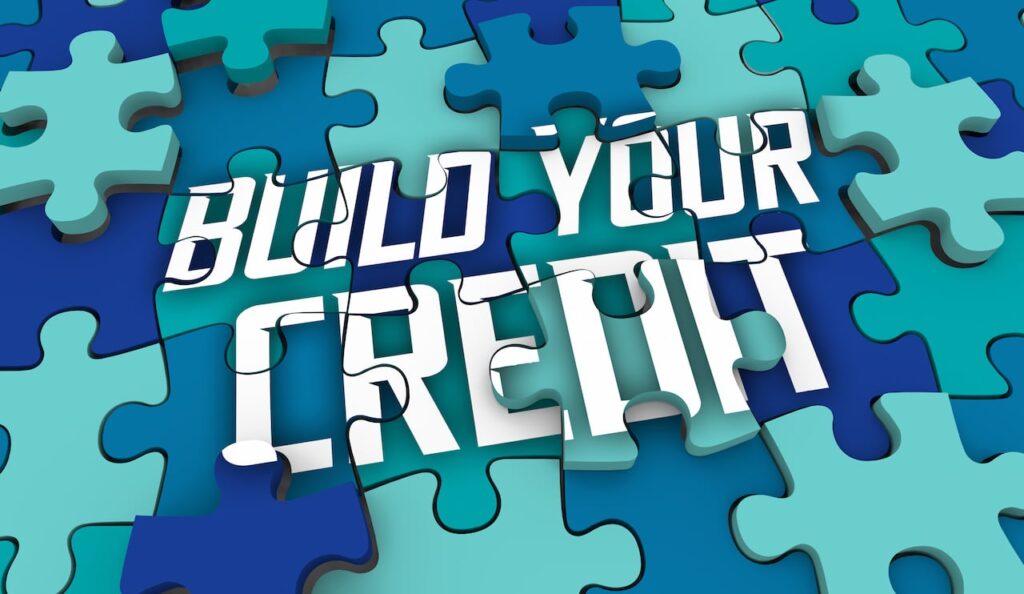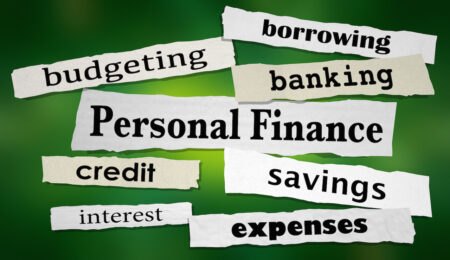Credit Sesame explores 10 potentially credit-building lifestyle choices, from payment strategies to account setup tips that can help support your credit health.
Your credit score reflects more than just how you borrow. It also responds to how you manage bills, track spending, and make consistent financial decisions. When these actions become part of your daily routine, it can be easier to maintain good credit habits and support long-term financial health.
1. Turning on autopay across your accounts
Autopay helps prevent late payments, which can have a significant impact on your credit score. Even a single missed payment can leave a lasting mark. Setting up automatic minimum payments on credit cards, loans, and utilities can reduce that risk. You can still aim to make extra payments manually to pay down balances or avoid interest.
Try this: Set up autopay for the minimum amount due on all credit accounts, then pay off additional amounts manually when you know your cash situation later in the month.
2. Paying your credit card weekly instead of monthly
Credit utilization is the amount of credit you use compared to your total limit, and it plays a significant role in your credit score. Even if you pay your card in full each month, a high balance at any point in the billing cycle can increase your reported utilization. Making weekly payments helps lower your balance, which may help support your score.
Try this: Choose a frequently used card and make a payment each week to help keep the balance in check.
3. Assigning one subscription to a credit card
A recurring charge such as a streaming service can help keep a credit card active. Using a credit card for a small monthly bill and paying it off in full each month supports payment history while minimizing the risk of overspending.
Try this: Pick one stable monthly subscription, connect it to a card you rarely use, and automate billing and the full payment every month.
4. Choosing a credit-building tool
Some banks and fintechs offer tools like secured credit cards, rent or utility payment reporting, and credit monitoring. These options can help you build positive habits and strengthen your credit using accounts you already manage.
Try this: Explore available credit-building tools and see which one fits your needs and goals.
5. Putting a utility bill in your name
Utility payments are not typically reported to credit bureaus unless you use a third-party service that shares that information. Taking responsibility for a household bill may give you more control over payment timing, and opting in to a reporting tool can help include those payments in your credit history.
Try this: If possible, take over one shared bill, such as internet or electricity, and explore services that allow you to report on-time payments.
6. Living in one place longer
Frequent moves increase the risk of lost mail or missed bills, perhaps leading to late payments or collections. A stable address supports better bill management and may help lenders see you as more reliable. If moving often is necessary, digital billing and mail forwarding can help reduce disruptions.
Try this: When possible, stay at one address for at least 12 months. If not, switch to paperless billing and set account reminders.
7. Using rent reporting services
Most rent payments do not appear on your credit report unless you take action. Some third-party services allow renters to report payments even if they are not on the lease, but success depends on landlord participation and reporting practices.
Try this: Sign up for a rent reporting service that integrates with your payment method and check which credit bureaus they report to.
8. Reducing regular expenses wherever possible
Lower monthly costs can help ease financial pressure, making it less likely you’ll miss a payment or carry a high credit card balance. Staying on a shared phone plan is one example, but any recurring expense you can trim may support better money management.
Try this: Review your regular bills and look for options to share, reduce, or eliminate costs that don’t need to be individual.
9. Turning a hobby into extra income
Earning a little extra money from a hobby or side gig can help you cover bills without leaning on credit. A modest income stream may allow you to pay down balances, avoid overdrafts, and make more consistent payments, supporting healthy credit habits.
Try this: Sell handmade items, offer a service, or teach a skill online. Use the extra income to cover at least one regular expense.
10. Opening a credit card for strategic use only
If you have limited or no credit history, opening a new card can help establish a positive payment record. Assigning it to one small recurring expense and paying it off monthly keeps your utilization low and adds to your credit file. It is important to manage the account responsibly.
Try this: If you are building credit from scratch, consider a secured or low-limit card and use it only for one predictable monthly charge.
The way you choose to live affects your credit
Building credit doesn’t always require major changes. In many cases, simple lifestyle choices, from automating bills to managing shared expenses, can help support responsible credit use. By understanding how daily decisions affect your credit profile, you can take steady steps toward better financial health over time.
If you enjoyed 10 potentially credit-building lifestyle choices you may like,
Disclaimer: The article and information provided here are for informational purposes only and are not intended as a substitute for professional advice.
Read the full article here
















